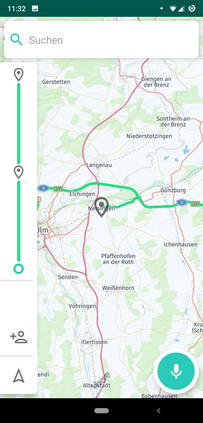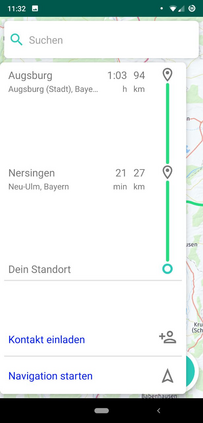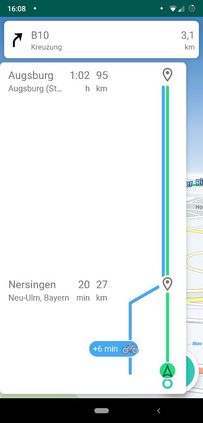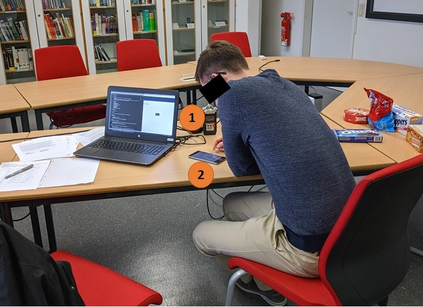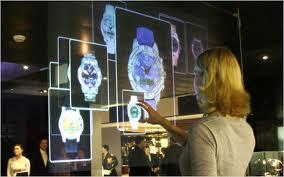The automation of the driving task affects both the primary driving task and the automotive user interfaces. The liberation of user interface space and cognitive load on the driver allows for new ways to think about driving. Related work showed that activities such as sleeping, watching TV, or working will become more prevalent in the future. However, social aspects according to Maslow's hierarchy of needs have not yet been accounted for. We provide insights of a focus group with N=5 experts in automotive user experience revealing current practices such as social need fulfillment on journeys and sharing practices via messengers and a user study with N=12 participants of a first prototype supporting these needs in various automation levels showing good usability and high potential to improve user experience.
翻译:驾驶任务自动化既影响到主要驾驶任务,也影响到汽车用户界面。解放了驾驶员的用户界面空间和认知负荷,使得可以以新的方式思考驾驶问题。相关工作表明,睡觉、看电视或工作等活动今后将更加普遍。然而,根据马斯洛的需要等级划分的社会方面尚未得到考虑。我们向汽车用户经验中N=5专家的焦点小组提供了深刻见解,揭示了当前的做法,例如通过送信员满足社会需要和分享做法,以及由N=12参与者进行用户研究,第一个模型在不同自动化水平支持这些需要,显示出良好的可用性和提高用户经验的高度潜力。

